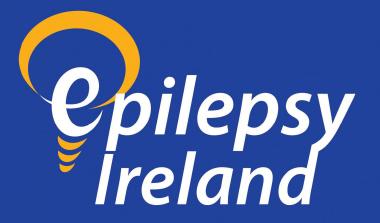Medication Side Effects
Anti-epileptic drugs may sometimes have side effects. As these drugs act on the brain, drowsiness, sedation, nausea and unsteadiness may occur when the drug is first taken and may soon wear off. If side effects persist, they should be reported back to the doctor. Other side effects may be common or rare, mild or serious. Your doctor or pharmacist can explain what side effects to watch out for on your medication. Watch for any unusual symptoms or behaviours and report these to your medical team. Rashes on some drugs (and Lamotrigine especially) can become serious and even life threatening and require prompt medical attention. Other side effects may include dizziness, drowsiness, weight gain or loss, tremor, nausea, mood change, double vision and concentration difficulties.
Chronic side effects may occur when drugs are taken over a long time. However, these effects can be reduced, for example, good dental hygiene can help swollen gums, a side effect of the prolonged use of phenytoin. Bone health may be affected by some medications over a long time. If you are at risk of this, your doctor may suggest a DEXA bone scan to see if your bones are becoming thin or brittle as there is a risk of osteoporosis. Your doctor may also recommend you take calcium supplementation. Always report suspected side effects to your team but don’t stop taking your medication unless your doctor advises you to. Drug level monitoring is relevant with some drugs, such as Epanutin (Phenytoin). Make sure to read the patient information leaflet supplied with your medication to see the full list of possible side effects.
Interactions with other prescribed drugsSome prescribed drugs for other medical conditions can affect epilepsy or interact with epilepsy medication. Certain antibiotics, anti-malaria drugs, pain medications, steroids, broncho-dilators and anti-histamines are just some that can do this. Other prescribed medications that can have these effects include anti-depressants, anti-psychotics and benzodiazepines. Epilepsy drugs can also affect some oral contraceptives. When you are being prescribed other drugs always mention your epilepsy treatment and discuss possible interactions with your doctor.
Interactions with over the counter medicinesIf you are choosing to buy over the counter medicines and supplements, it is important to check with the pharmacist if there will be any problems taking these with your epilepsy and your medication. Some cold and flu medicines, decongestants and antihistamines have been reported to increase risk of seizures.
Food and DrinkGrapefruit and grapefruit juice can interact with many medicines including some epilepsy medications such as carbamazepine and oxcarbazepine and emergency medications such as midazolam and valium. Energy drinks with high levels of caffeine can provoke seizures too. While some people may feel their seizures are affected by artificial sweeteners, the evidence for this is inconclusive. Alcohol is a trigger for seizures and should be kept to moderate levels, or as guided by your doctor.

















